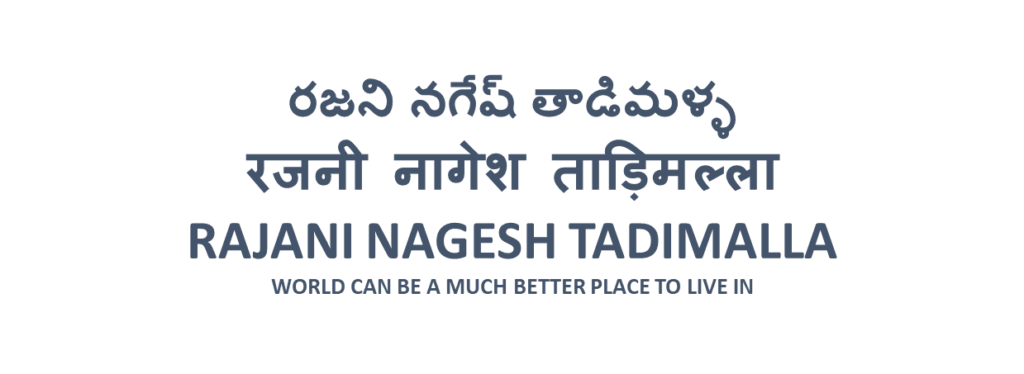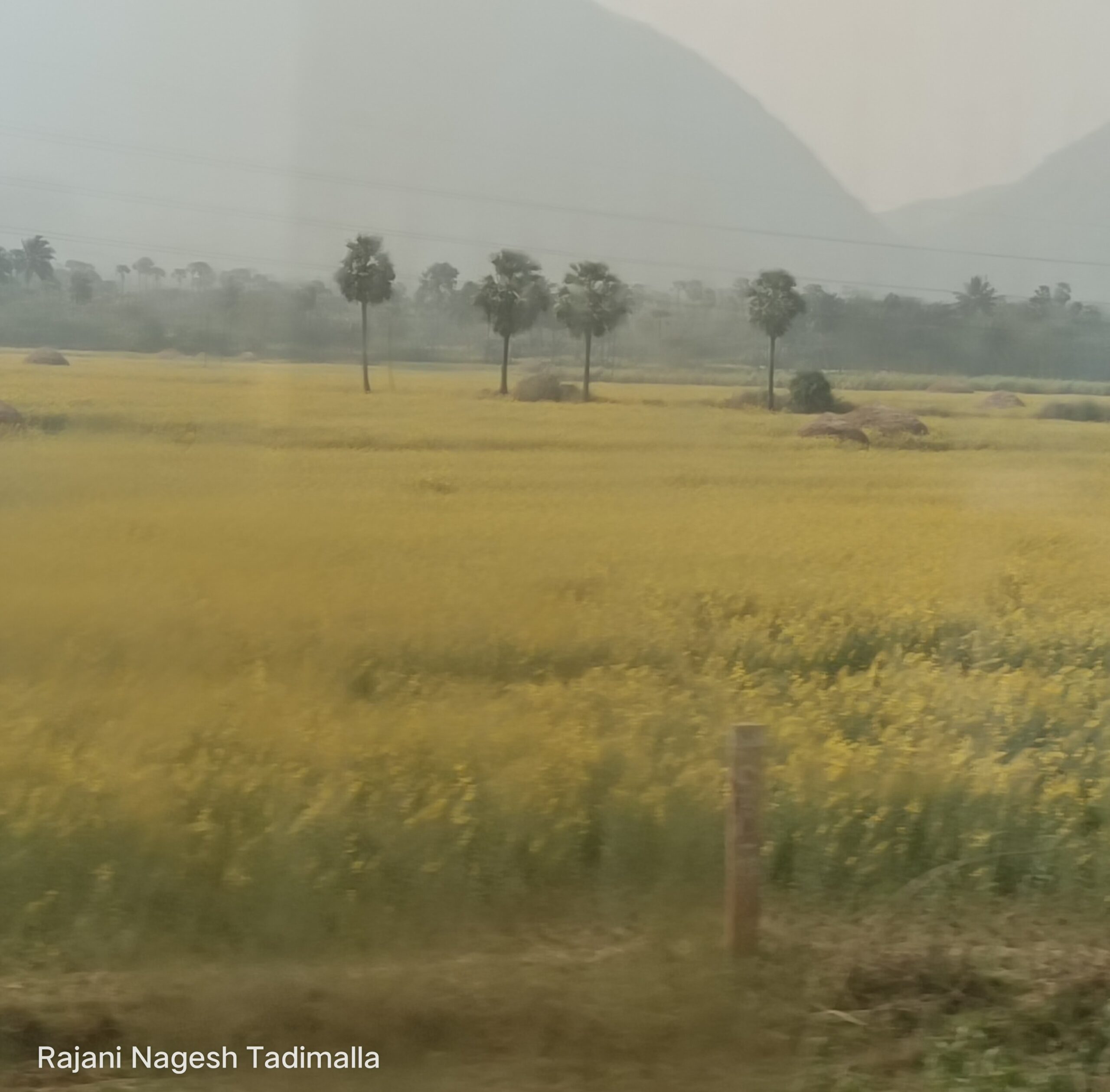The concept of blue economy has gained significance in the recent years. The sustainable development goal (SDG) 14 of the United Nations lays emphasis on sustainable use of ocean, seas and marine resources. Countries in the Indian Ocean region have also recognized the potential and significance of oceans, coastal and marine resources. This resulted in the signing of the Jakarta Declaration on Blue Economy in 2017.
However, there are challenges such as natural disasters, climate change, pollution, acidification, overfishing, and plastic waste. An open and collaborative approach is required by conservationists, general public, coastal communities, governments and businesses to safeguard, create, and ensure sustainable marine and coastal ecosystems as well as livelihoods. It is important for all stakeholders to have an understanding of the ultimate objectives of the priority sectors.



